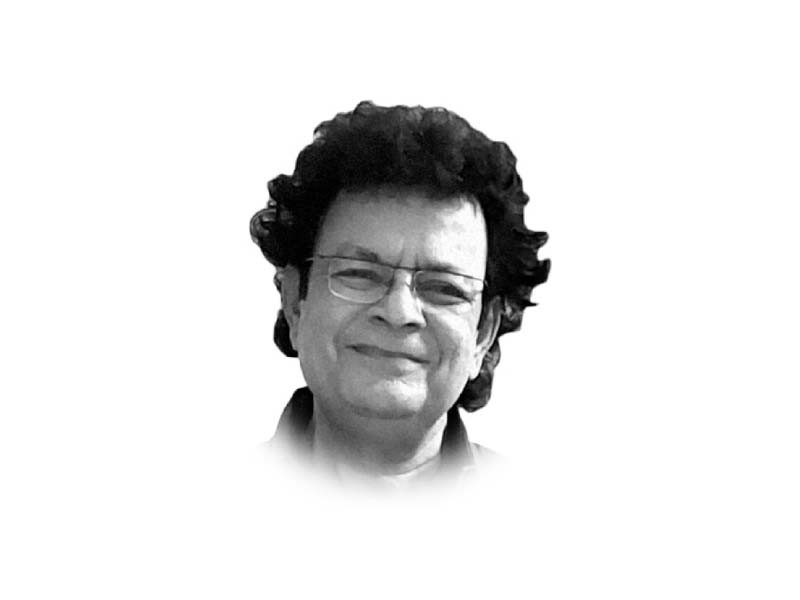
American psychoanalyst James Hollis writes: “How many of those who are insecure seek power over others as a compensation for inadequacy and wind up bringing consequences down upon their heads and those around them? How many hide out in their lives, resist the summons to show up, or live fugitive lives, jealous, projecting onto others, and then wonder why nothing ever really feels quite right. How many proffer compliance with the other, buying peace at the price of soul, and wind up with neither?”
The capacity for growth depends on one’s ability to internalise and to take personal responsibility. If we forever see our life as a problem caused by others, a problem to be ‘solved,’ then no change will occur. Rumi says in this regard: “I prayed for change, so I changed my mind. I prayed for guidance and learned to trust myself. I prayed for happiness and realized I am not my ego. I prayed for peace and learned to accept others unconditionally. I prayed for abundance and realized my doubt kept it out. I prayed for wealth and realized it is my health. I prayed for a miracle and realized I am the miracle. I prayed for a soul mate and realized I am the one. I prayed for love and realized it is always knocking, but I have to allow it in.”
Once, Dale Carnegie was asked to answer a question on a radio programme: What is the biggest lesson you have ever learned? He answered, “By far the most vital lesson I have ever learned is the importance of what we think. If I knew what you think, I would know what you are. Our thoughts make us what we are. Our mental attitude is the X factor that determines our fate.” Emerson’s thoughts in this regard can add value when he said: “A man is what he thinks about all day long. How could he possibly be anything else?” I now know with a conviction beyond all doubt that the biggest problem you and I have to deal with, in fact, almost the only problem we have to deal with is choosing the right thoughts. If we can do that, we will be on the highroad to solving all our problems.
The great philosopher who ruled the Roman Empire, Marcus Aurelius, summed it up in eight words that can determine your destiny: “Our life is what our thoughts make it.” Yes, if we think happy thoughts, we will be happy. If we think miserable thoughts, we will be miserable. If we think fear thoughts, we will be fearful. If we think sickly thoughts, we will probably be ill. If we think failure, we will certainly fail. If we wallow in self-pity, everyone will want to shun us and avoid us.
“You are not,” said Norman Vincent Peale, “You are not what you think you are; but what you think, you are.” Milton, in his blindness, discovered that same truth three hundred years ago: “The mind is its own place, and in itself can make a heaven of hell, a hell of heaven.” Napoleon and Helen Keller are perfect illustrations of Milton’s statement. Napoleon had everything men usually crave: glory, power, riches, yet he said, “I have never known six happy days in my life.” On the other hand, Keller, blind, deaf, dumb, declared: “I have found life so beautiful.”
If half a century of living has taught me anything at all, it has taught me that nothing can bring you peace but yourself. Epictetus warned that we ought to be more concerned about removing wrong thoughts from the mind than about removing “tumors and abscesses from the body.” He made this remark nineteen centuries ago, but modern medicine would back him up. Dr. G. Canby Robinson declared that four out of five patients admitted to Johns Hopkins Hospital were suffering from conditions caused by emotional strains. This was often true even in case of organic disturbances. “Eventually,” he declared, “these trace back to maladjustments to life and its problems.” Montaigne, the French Philosopher, adopted these seventeen words as the motto of his life, “A man is not hurt so much by what happens, as by his opinion of what happens.” Thus, it is worth remembering that our opinion of what happens is entirely up to us.
Published in The Express Tribune, April 3rd, 2024.
Like Opinion & Editorial on Facebook, follow @ETOpEd on Twitter to receive all updates on all our daily pieces.



1730803801-0/BeFunky-collage-(22)1730803801-0-165x106.webp)

1728377970-0/Menendez-Brothers-(1)1728377970-0-165x106.webp)


1729685382-0/Untitled-design-(57)1729685382-0-270x192.webp)


1730706072-0/Copy-of-Untitled-(2)1730706072-0-270x192.webp)
COMMENTS
Comments are moderated and generally will be posted if they are on-topic and not abusive.
For more information, please see our Comments FAQ